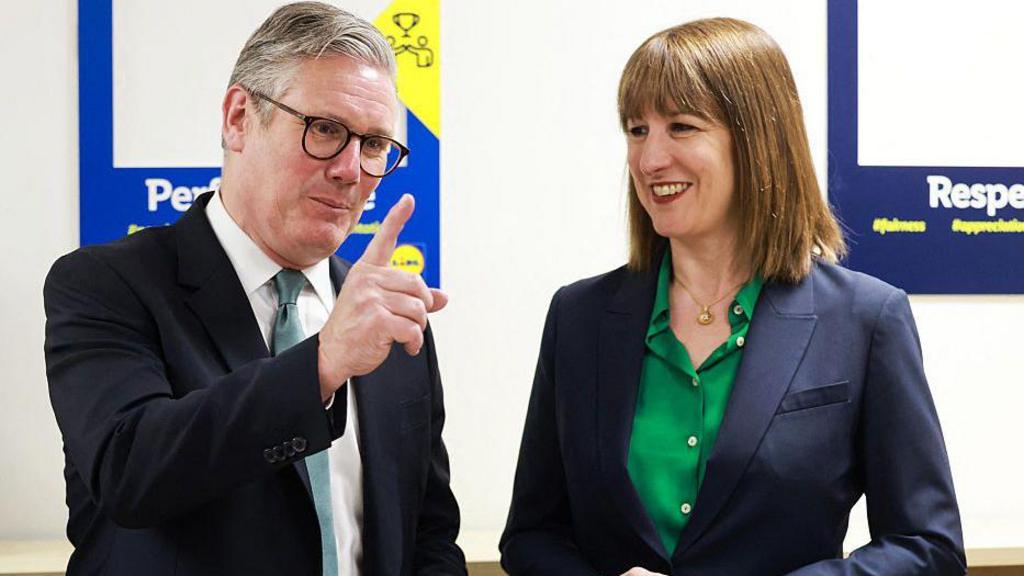The Organization for Economic Co-operation and Development (OECD) has downgraded its UK economic growth forecast for 2024 to 1.3%, citing US tariffs and high government debt servicing costs as key factors. This represents a reduction from the 1.4% prediction made in March.
While acknowledging a stronger-than-expected 0.7% growth between January and March, the OECD cautioned that momentum is weakening due to declining business confidence. The group’s global forecasts have also been reduced due to escalating trade tensions.
The OECD highlighted the UK’s “very thin” fiscal buffer as a particular vulnerability, urging Chancellor Rachel Reeves to increase tax revenue and implement spending cuts. Reeves responded by reiterating her commitment to boosting household incomes.
Reeves faces difficult budgetary decisions in next week’s Spending Review, balancing commitments to defense and the NHS with the need for fiscal responsibility. Earlier this year, she announced £14 billion in austerity measures, including welfare cuts, to meet fiscal targets.
The OECD projects UK growth to reach 1% by 2026, a downward revision from the 1.2% previously forecast. The organization emphasizes the state of public finances as a significant risk, suggesting a balanced approach of targeted spending reductions and tax increases.
Specific recommendations include closing tax loopholes and modernizing council tax bands to reflect current property values. Currently, these valuations are based on 1991 prices in England and 2003 prices in Wales.
Global growth is now projected at a modest 2.9%, down from the earlier 3.1% estimate. The OECD attributes this slowdown to a substantial rise in trade barriers, warning of weakened economic prospects worldwide. These findings echo concerns voiced by Bank of England Governor Andrew Bailey regarding the disruption of global trade agreements.
The OECD significantly lowered its US growth forecast to 1.6% for 2024, from 2.2%, citing rising inflation as a major risk. This contrasts sharply with President Trump’s previous assertions of booming economic growth under his tariff policies. Recent data reveals a 0.2% contraction in the US economy during the first quarter of 2024.
The OECD’s chief economist, Alvaro Pereira, stated that the organization anticipates a global growth downgrade and reduced job creation compared to previous projections. The report highlights the widespread impact of increased trade barriers and economic uncertainty.
The White House says Columbia violated anti-discrimination laws and should be cut off from government funds.
Trump says a call with the Russian president was a “good conversation” but would not lead to “immediate peace”.
The billionaire’s criticism could embolden Republicans who are considering voting against the tax and spending bill.
Billionaire says the bill, which faces a key test in the Senate, undercuts efforts to slash federal spending.
The executive order raises import taxes for US firms buying from other countries – but the levy remains at 25% for the UK.

